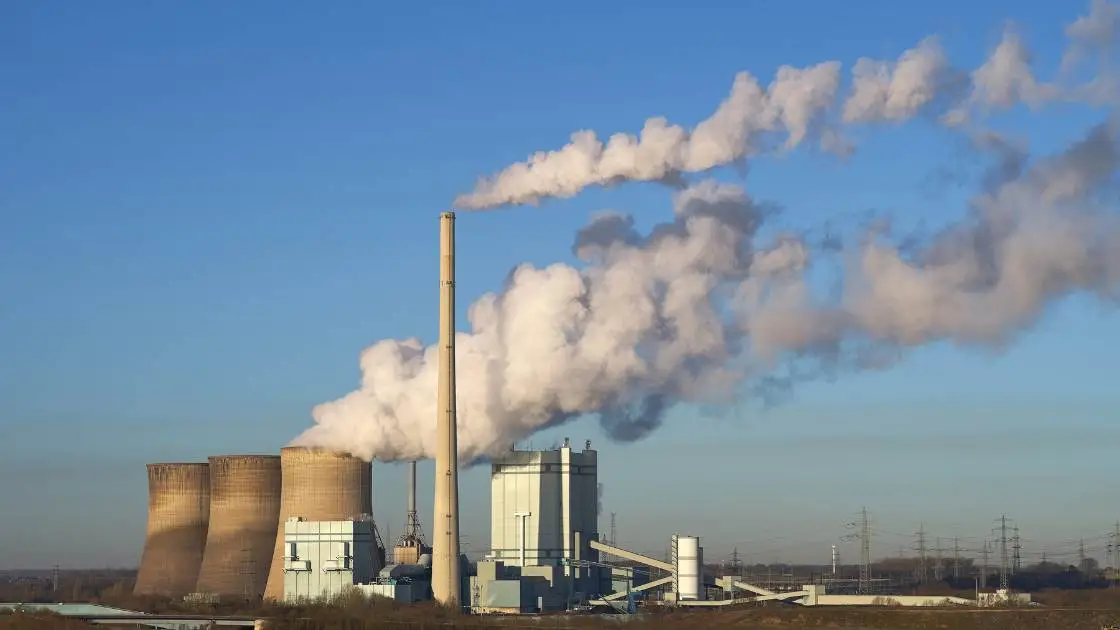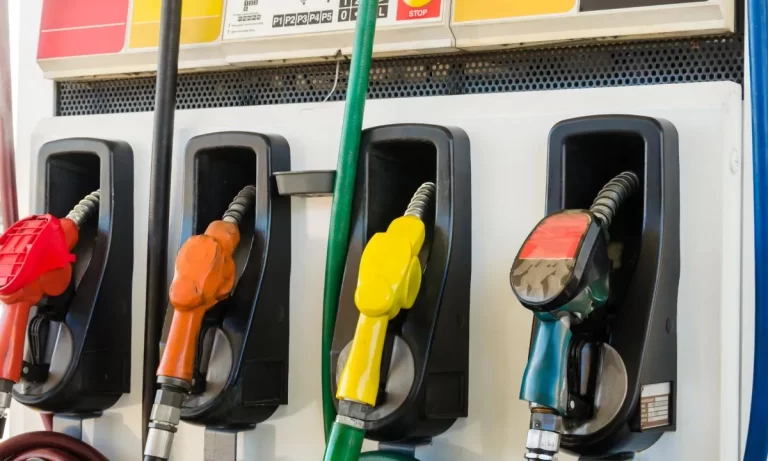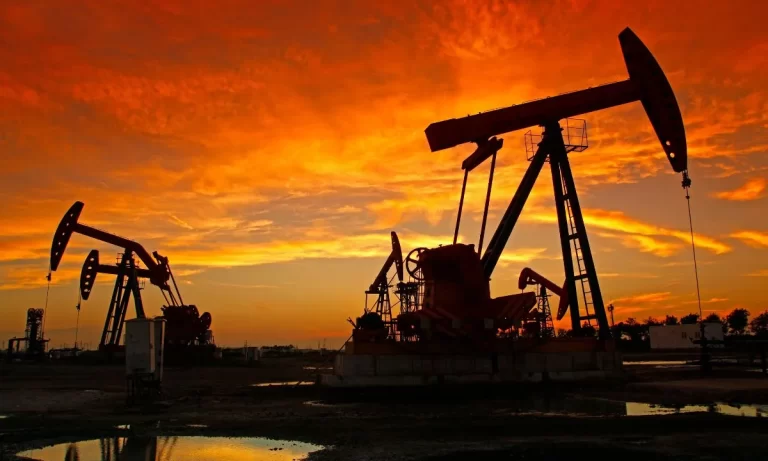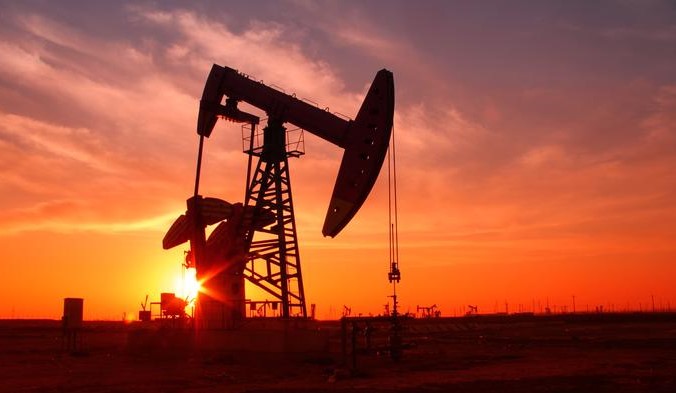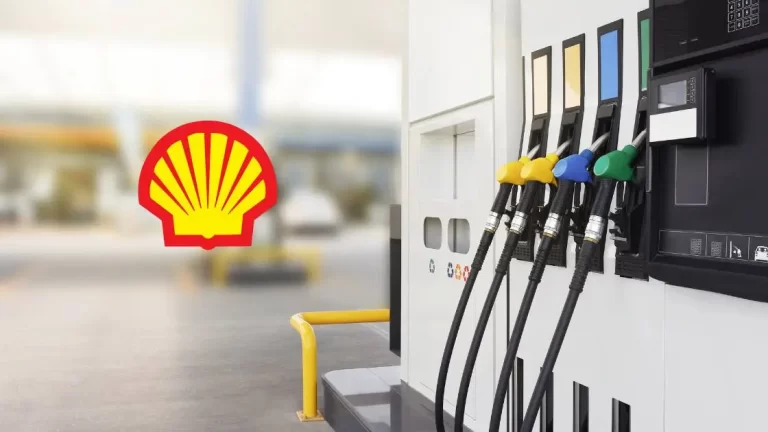Controversy Erupts: Imported Coal for Gwadar Power Plant Challenged
By: Omed Hajjana
The National Electric Power Regulatory Authority (Nepra) has questioned the decision to use imported coal for the 300MW coal-fired Gwadar power plant.
During a public hearing held on Monday, the power regulator engaged in a heated debate and raised several concerns about using imported coal instead of indigenous coal, such as Thar coal.NTDC fails to evacuate committed electricity from Thar Plants
The chairman of Nepra also questioned the delay in implementing the coal power plant in Gwadar, which resulted in an increase in project costs due to the depreciation of the rupee against the dollar.
During the hearing, the chairman of Nepra raised the question of who was responsible for the delay.
The project sponsor stated that Nepra took around eighteen months to consider their petitions that were filed in 2018.
They further explained that an additional two years passed in finalizing the Power Purchase Agreement (PPA) with the government agency.
The government’s policy on banning imported coal-based power plants was also cited as another reason for the delay in executing the coal-fired power plant in Gwadar.
The project sponsor expressed their intention to follow the API4 index for imported coal. API4, published by Argus/McCloskey, refers to thermal coal based on FOB delivery at the port of Richards Bay in South Africa.
An intervenor suggested that the project sponsor should install a coal-fired plant in Gwadar that uses API3 coal, which would enable the utilization of indigenous coal.
In response, the project sponsor argued that they would have to import lignite coal in larger quantities if they don’t use the API4 index for their power plant.
However, the power regulator stated that the project sponsor should not exclusively rely on imported coal for the coal-fired power plant and should be open to using indigenous coal. They recommended using around 20 to 30 percent indigenous coal for the Gwadar plant.
The project sponsor countered by stating that they could only use 6 percent indigenous coal, claiming that any higher percentage was not feasible.
They also pointed out that laying a railway track to transport indigenous coal from Thar, which has lower-quality coal, would be necessary.
Nepra requested the project sponsor to provide a due diligence report within three weeks regarding the use of lignite coal and the impact of the cost of the railway track.
This information would be considered in making a formal decision.
During the hearing, it was revealed that the Prime Minister and Planning Commission had directed the installation of the Gwadar coal-fired plant using imported coal.
However, Nepra clarified that the higher authorities did not specify the use of coal with certain specifications.
Therefore, the project sponsor was directed to submit a detailed report on the utilization of lignite and indigenous coal, as well as the impact of the cost of the railway track.
Due to delays in project implementation, the projected cost of the project has increased to $403 million, representing a 25.38% increase.
Hike in Cost of Gwadar Power Plant
The company also requested a 21.43% increase in return on equity (RoE) and an increase in the internal rate of return (IRR) from 14% to 17% for the 300 MW coal-fired project in Gwadar.
In an appeal sent to Nepra, the Chinese company requested an increase in EPC costs by $82 million. CIHC Pak Power Company Limited (CPPCL) is constructing the 300MW coal-fired power station in Gwadar, Balochistan.
The corporation requested an increase in the project’s EPC cost by 25.38%, from the previously calculated $321.41 million to $403 million. Initially, Nepra permitted an EPC cost of $236.13 million for the Gwadar coal project, which was later revised to $321.41 million.
The Chinese corporation now seeks another price increase and asks the regulator to remove clauses restricting project cost indexation to a particular PKR rate of 105/USD.
The CPPCL suggests that a maximum of 7% of debt servicing be applied to the Sinosure cost at actual under a Buyers Credit Insurance.
The petition also requests the inclusion of the financial guarantee in the annual recurring charges at a rate of 0.9% of the guaranteed amount for that year.
The Chinese corporation requested an increase in the project development and sponsor’s cost from the permitted sum of $10.50 million to $47.87 million.
The petition also asked for the maintenance of API-4 as the basic index for calculating coal prices, according to the authority’s fuel pricing system published on September 23, 2016.
Furthermore, the petition sought clarification on taxes and charges and requested a $12.71 million increase in the O&M expense allowance to $17.43 million.
The company also requested permission to charge Sinosure fees under the Buyer’s Credit Policy. Previously, NEPRA had permitted the Overseas Investment Insurance Policy in the revised determination.
In the initial petition, the company requested $369.89 million for EPC, consisting of $250.16 million in offshore funds and $119.73 million in onshore funds.
Initially, NEPRA approved an EPC cost of $236.13 million for the 300MW coal-fired power station in Gwadar, with a tariff rate of Rs 6.96 per unit.


